4E) Libertarianism
1/31
There's no tags or description
Looks like no tags are added yet.
Name | Mastery | Learn | Test | Matching | Spaced | Call with Kai |
|---|
No analytics yet
Send a link to your students to track their progress
32 Terms
What is Libertarianism?
The belief Moral agents are COMPLETELY free to act
Moral agents decisions/ personal will=
- 100% their own
- Not compelled by forces outside their moral consciousness
- Are instead a result of Values & Character of the Moral Agent
BUT are ONLY free to choose in the constraints of physical nature (eg. Gravity)

Libertarianism takes an Incompatibilism Position because..
Takes an Incompatibilism Position:
- Libertarianism argues Since MA have Free Will, determinism MUST be false (as 2 can't exist together)
What is Libertarianism sometime known as?
AKA 'Agency Theory'
What are the 3 types of Libertarianism?
Scientific
Psychological
Philosophical
Scientific Libertarianism: Recent reasons of support for Libertarianism
Advances in Genetics & Cognitive Neuroscience, potentially support Libertarianism

Scientific Libertarianism: Give an example of support
- Name
- Where was her research
Dr Sirigu at Cognitive Neuro Science centre in France
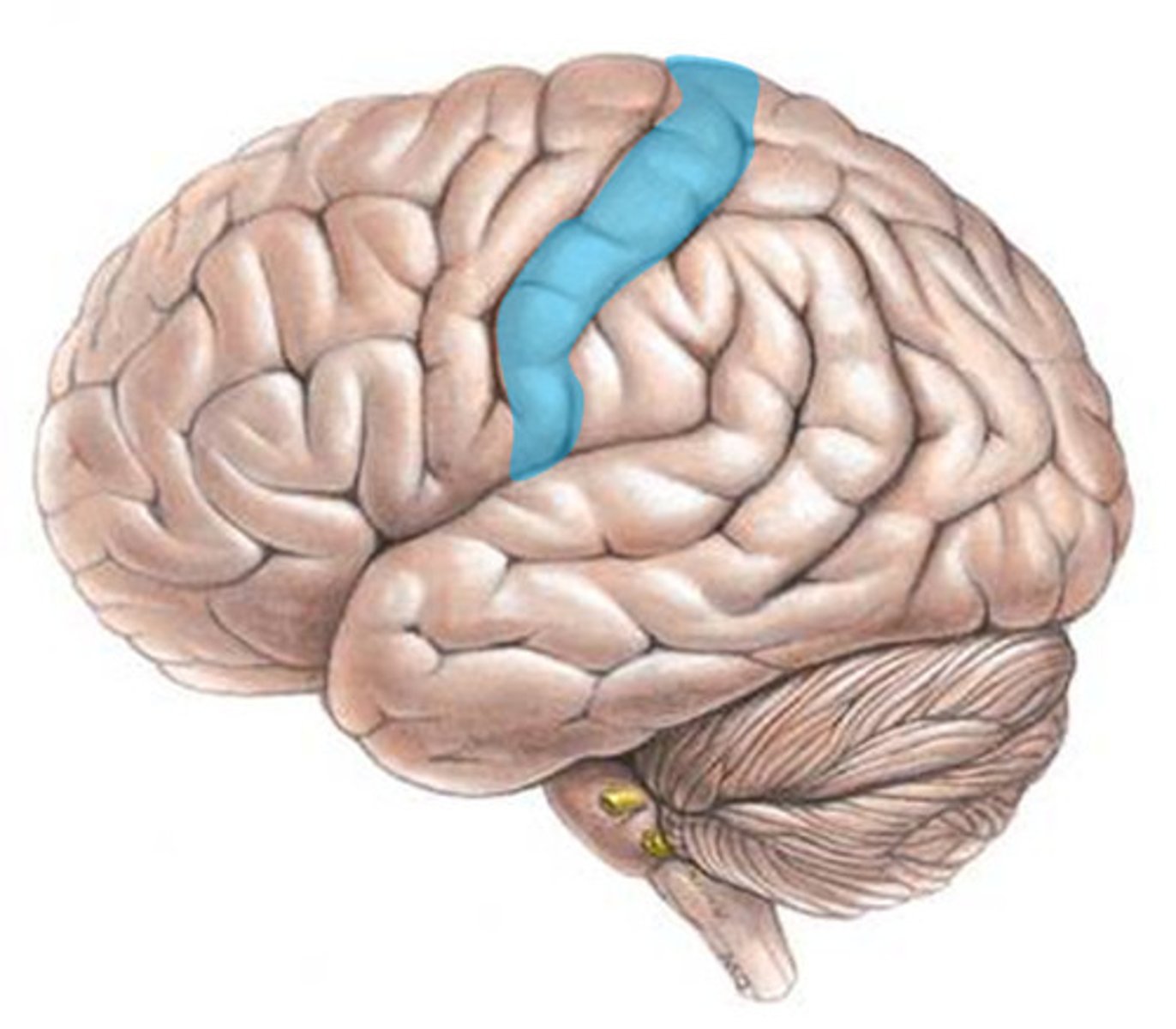
Scientific Libertarianism: Dr Sirigu's research
Dr Sirigu:
-Researched relationship between intention & action in the brain
-Stimulated the Parietal cortex of the brain to produce an intention to act
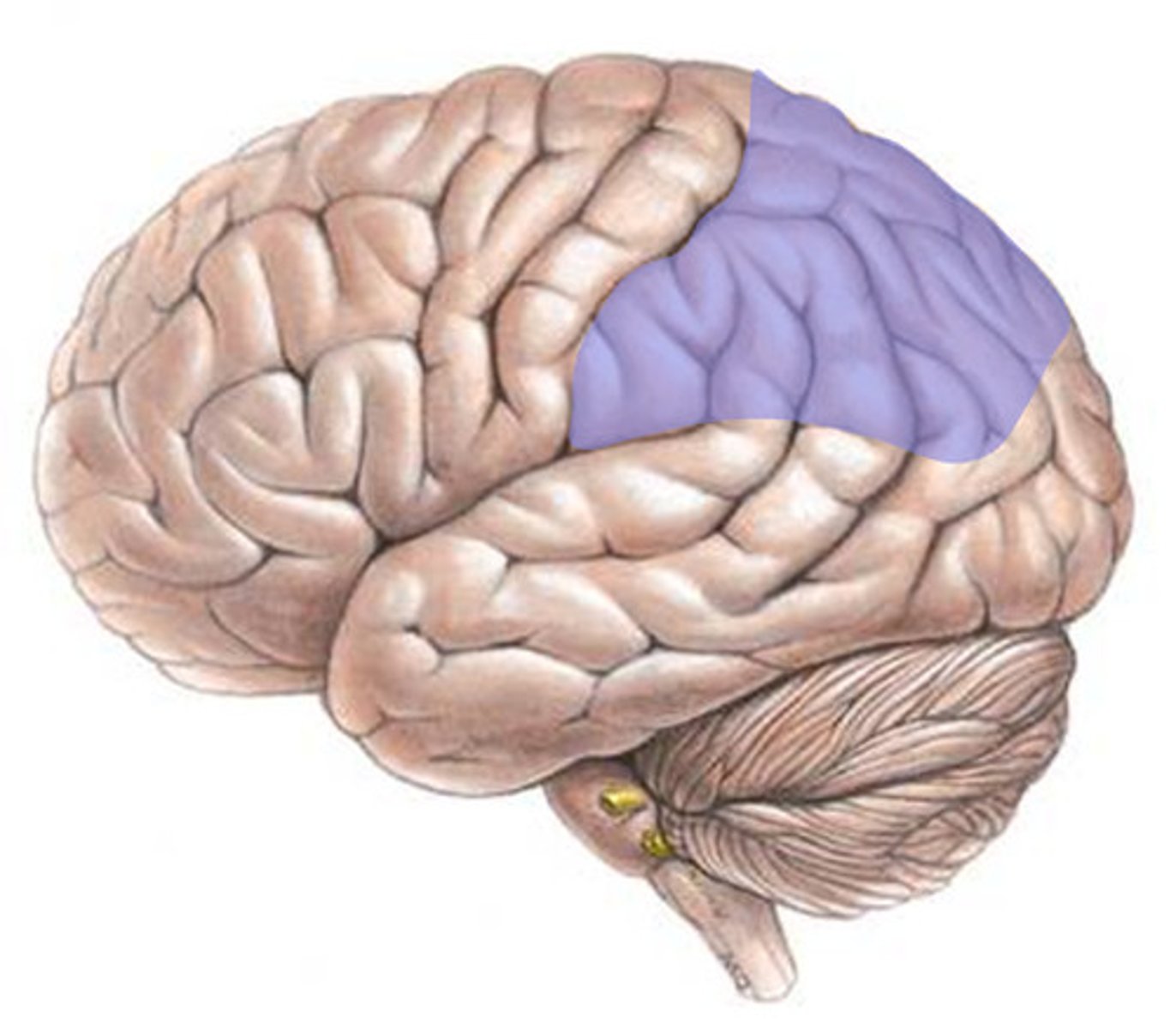
Scientific Libertarianism: Dr Sirigu's findings
-Patients reported a desire to move & even a belief they HAD moved when the HADN'T
-Stimulation of the Pre-motor Cortex (by the Parietal cortex) caused: -the brain to produce movement -BUT subjects= unaware of their own movements.
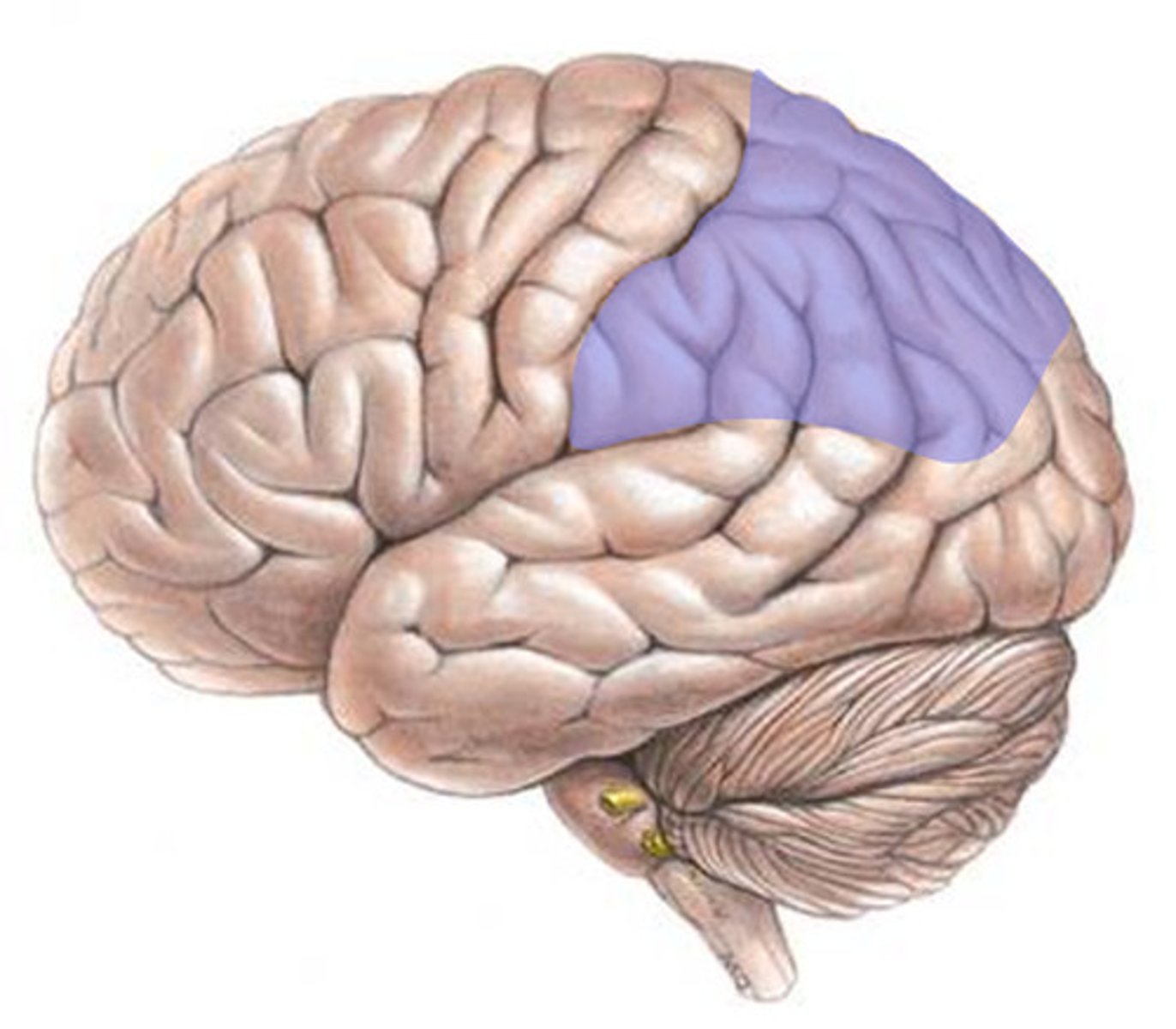
Scientific Libertarianism: What did Dr Sirigu conclude from her findings?
The Parietal Cortex is where decision making originates
-> THEN 1 decision is sent to the Pre-motor Cortex to be executed
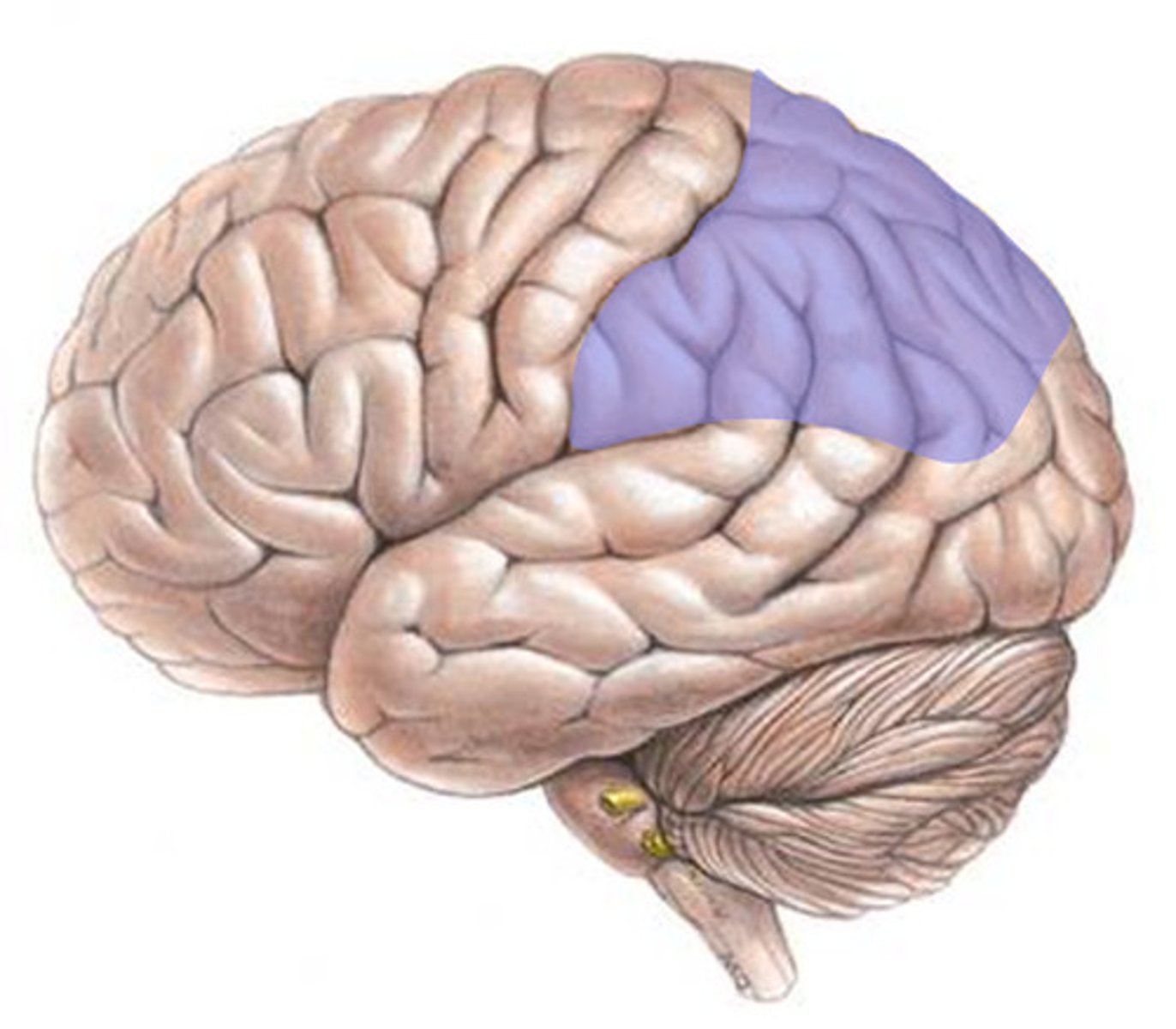
Scientific Libertarianism: Dr Sirigu's Conclusion, What does this mean?
We can establish where FREE WILL may reside in the brain
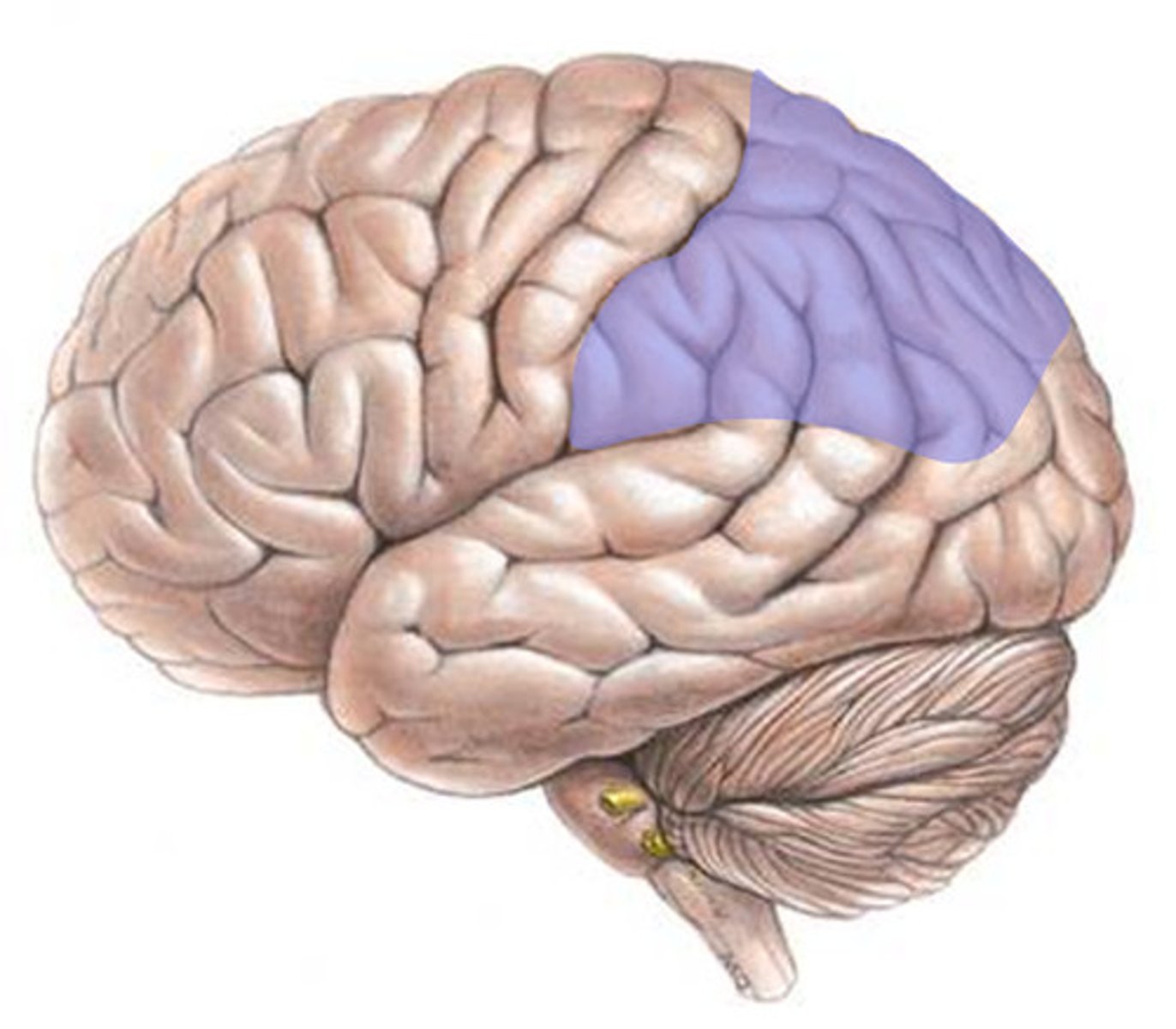
Scientific Libertarianism: What did another Neuroscientist say about Dr Sirigu's findings?
Haggard say's Sirigu's experiment breaks new ground in the study of free will
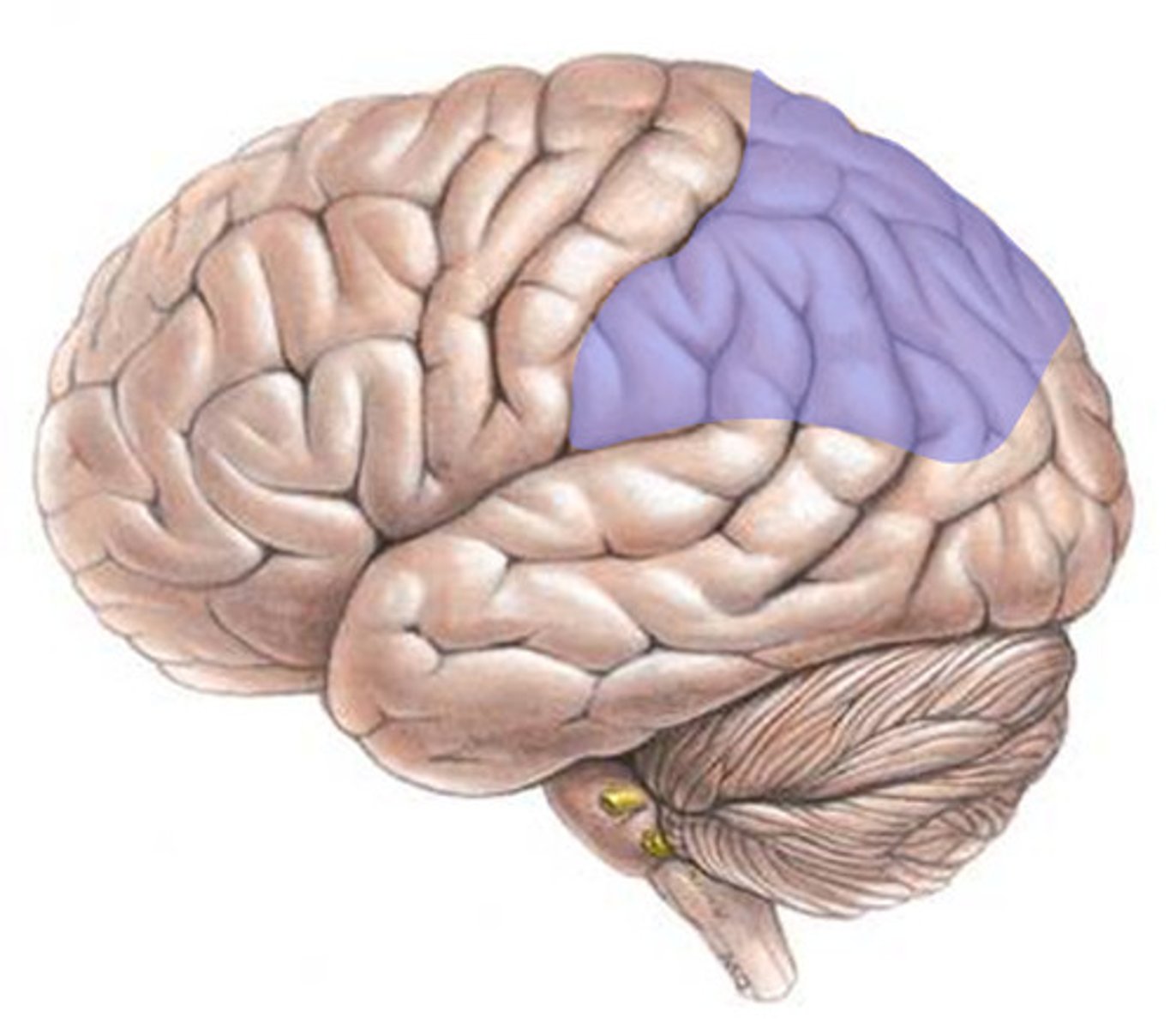
Psychological Libertarianism: What approach is Psychology supports Libertarianism?
-Explain
Humanist Approach
-A person centred approach
-Humans are self determining & have free will
-Does recognise the effects of both Internal & External influences BUT ultimately MA's are ACTIVE AGENTS who determine their own development

Psychological Libertarianism: Name one Humanist psychologist & his belief
Rogers
-Believed MA's achieve free will through a process of SELF ACTULISATION
Psychological Libertarianism: How do you achieve self actualisation?
To achieve self-actualisation:
- A persons concept of the self (how they see themselves) MUST be broadly equivalent/ have CONGERENCE with their ideal self (what they want to be)
-A CONGERENT individual is a Freely Functioning individual

Psychological Libertarianism: Why is it sometimes hard to self-actualise?
-Find it hard due to CONDITIONS OF WORTH
(eg. parent saying I will love you only if....)
Psychological Libertarianism: What does Rogers argue about children's beliefs and how these florish
-Rogers argues all children have their own views on & thoughts of numerous aspects eg. Politics, Religion, Sexual matters etc...
-To let these ideas Flourish a child needs an environment providing 3 elements
Psychological Libertarianism: What are the 3 elements needed for children to flourish
1. Acceptance: Have unconditional positive regard
2. Genuineness: Open place to discuss their own ideas & thoughts
3. Empathy- Being understood by others
Psychological Libertarianism: If a child doesn't have these 3 aspects what will happen?
A child can become determined as the child rejects their own 'will' so their free will won't develop
Psychological Libertarianism: How can determinism still be escaped
If MA can get in touch with their own feelings as they mature they can self actualise
Psychological Libertarianism: What is another way MA's can work to self-acctulise?
Though working though Maslow's Hierarchy of needs
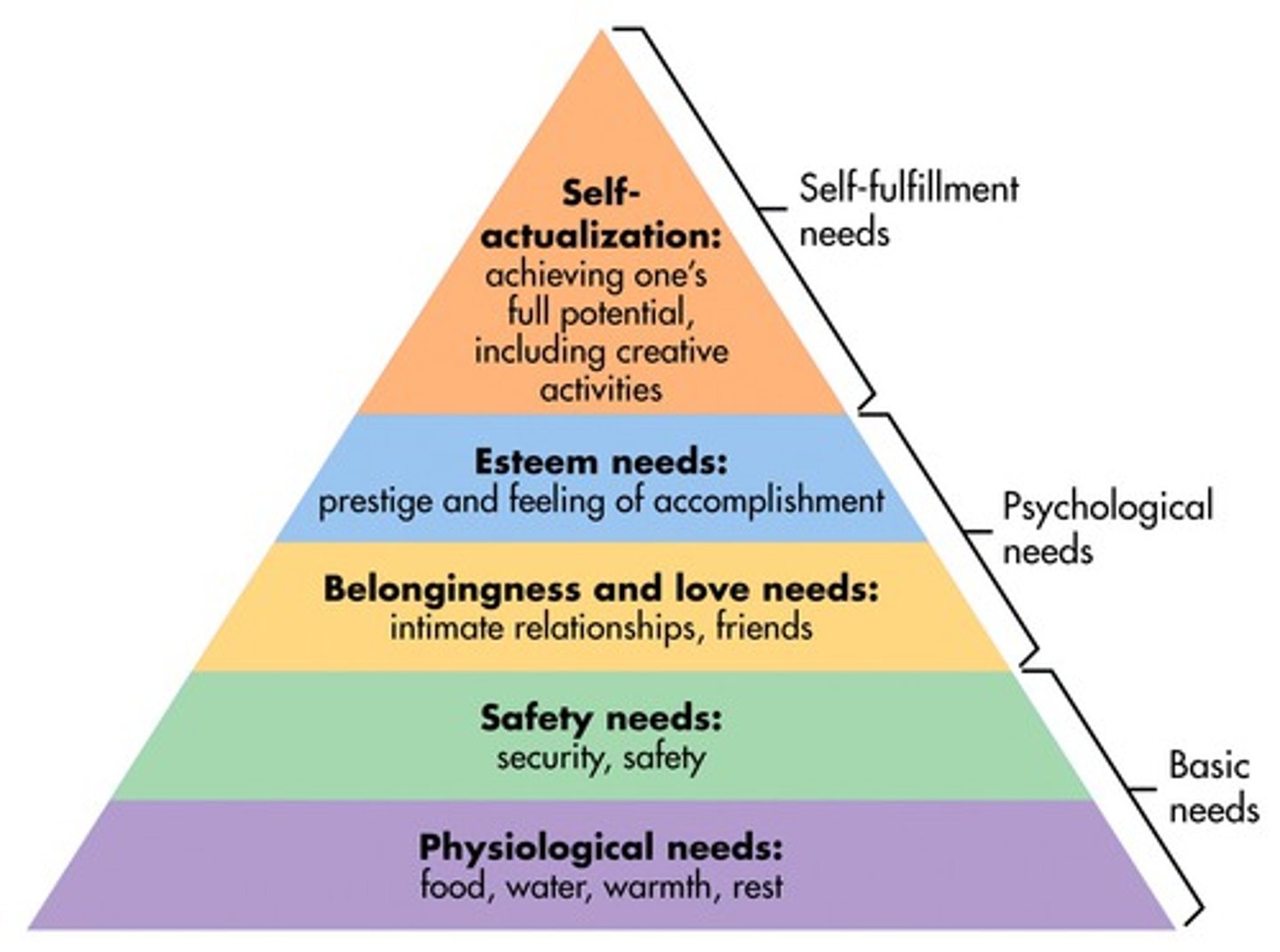
go over ps detentiminsm
-
Philosophical Libertarianism: Who supports this
Jean Paul Sartre (French Philosopher)
Philosophical Libertarianism: Sartre's belief on the soul
Rejects Dualist idea that human being consists of both BODY & SOUL
- There is No pre-existent soul that makes us
- We are brought into the world as a 'blank slate' (like Ps determinism states)
-We make decisions ourselves through interactions with the world & our free decision making

Philosophical Libertarianism: Sartre's belief on God
"There is NO God"=
-no higher power determining our actions
-So moral agents have NO choice but to embrace free will

Philosophical Libertarianism: What was the 1 thing Sartre argued humans were not free to be?
He argued humans are totally free,
APART from the idea: "Man is Not Free To Not Be Free"
meaning: the only thing your not free to do is to deny your choice of being free

Philosophical Libertarianism: What are the 2 types of being?
1) Etre-en-soi
2) Etre-pour-soi
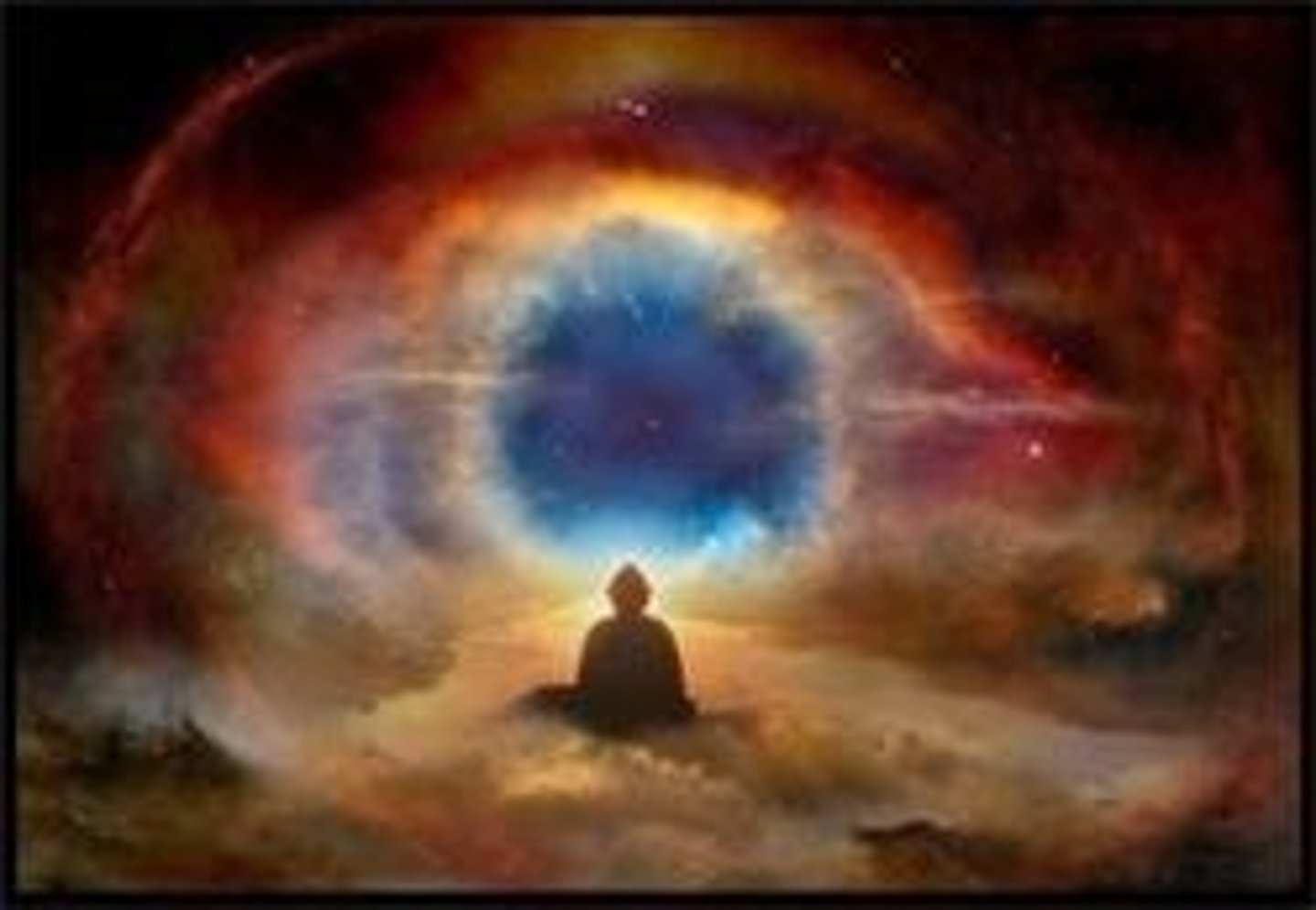
Philosophical Libertarianism: What does Etre-en-soi & Etre-pour-soi mean?
-Entre-en-soi= Being in itself (inanimate objects that lack consciousness)
-Entre-pour-soi= Being for itself (being conscious of their own consciousness, constantly under construction, forced to create themselves from nothing)
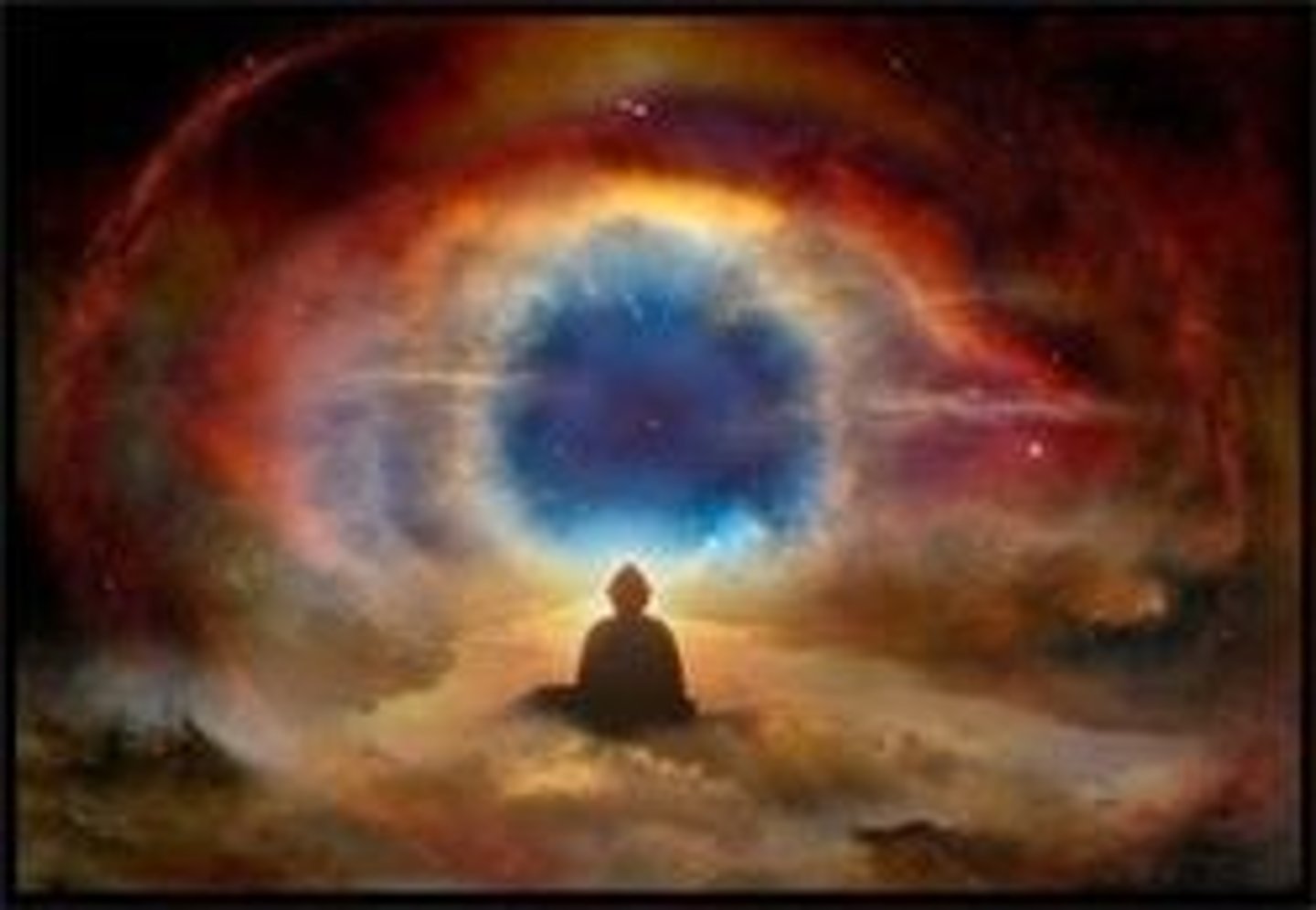
Philosophical Libertarianism: How do the 2 types of being (Etre-en-soi & Etre-pour-soi) relate to Libertarianism?
Moral agents are POUR-SOI:
- they have the possession of consciousness (which enables humans to have free will)
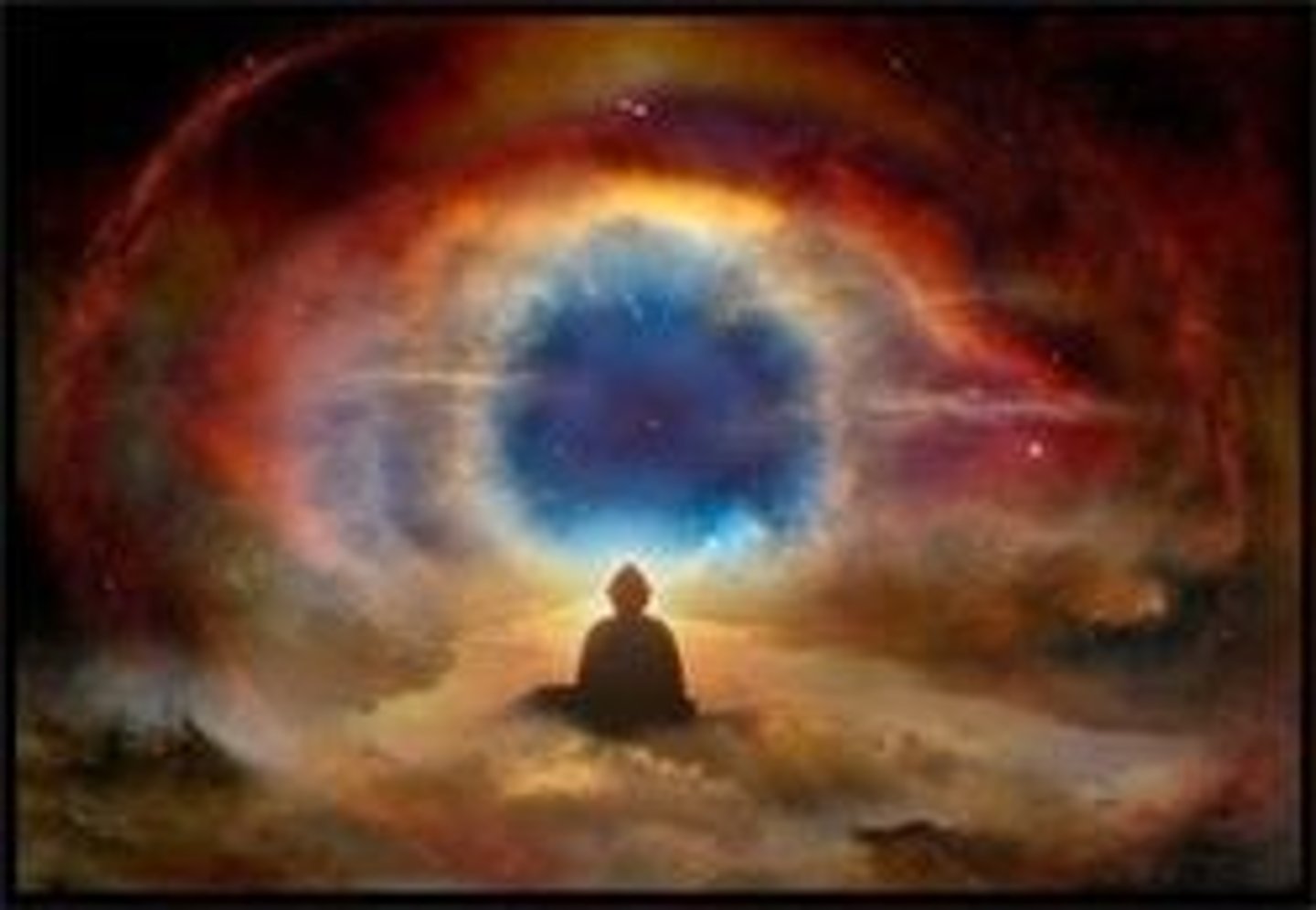
Philosophical Libertarianism: Result of being pour-soi & having possession of own consciousness...
MA being Pour-soi allows them to stand back from their own lives & interpret them in different ways
-> Opening a distance between a MA consciousness & physical world
-> Sartre calls this distance "the Gap"
-> "The Gap" allows humans to have free will
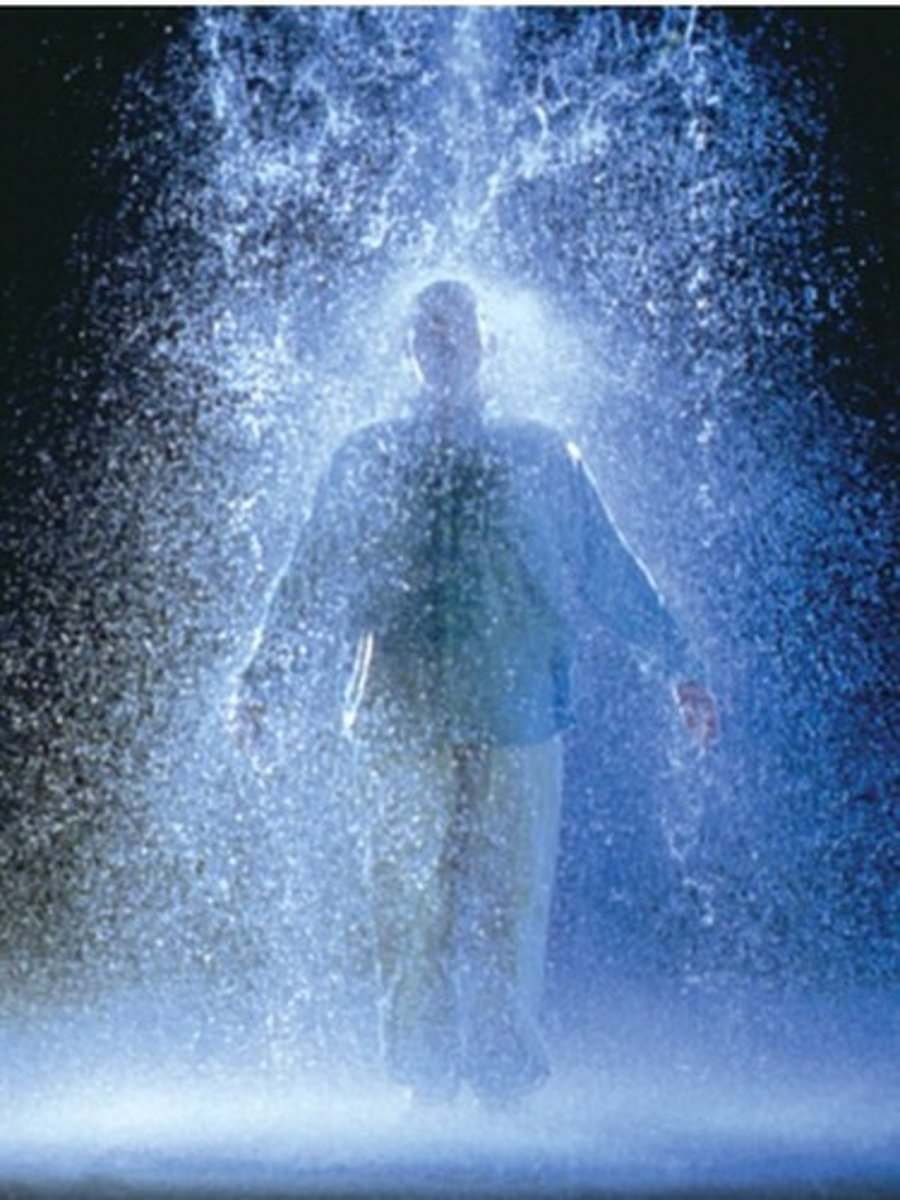
Philosophical Libertarianism: Sartre's reverse psychology to prove humans are free
Humans freedom= obvious due to MA trying to deny their own freedom
-Freedom brings: anguish, stress, pain etc..
-MA avoid reality of their own freedom

Philosophical Libertarianism: What does Sartre say Moral Agents who are avoiding the reality of their own freedom acting in?
MA are acting in 'Bad faith'
-> they pretend they aren't free to escape the pain

Philosophical Libertarianism: Give Sartre's example to demonstrate his point that MA's are acting in bad faith?
A Pretentious waiter behaves as though he is en-soi
-BUT he is just acting in 'Bad Faith', denying his own freedom by hiding in the safety of/playing a prescribed role of the waiter
-> instead of taking responsibility.
